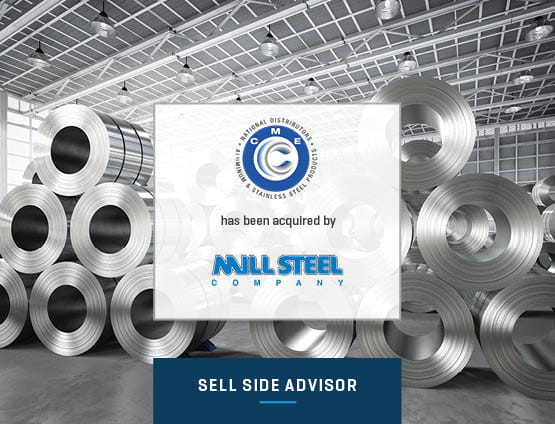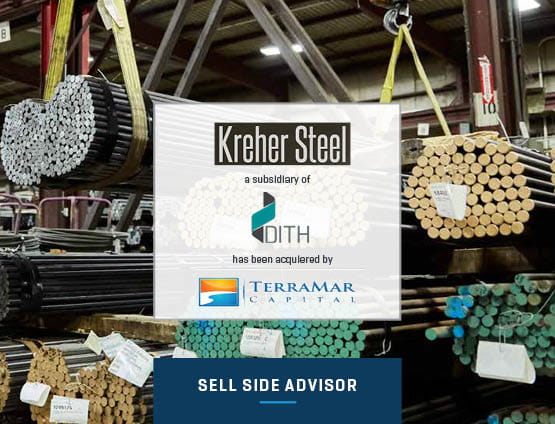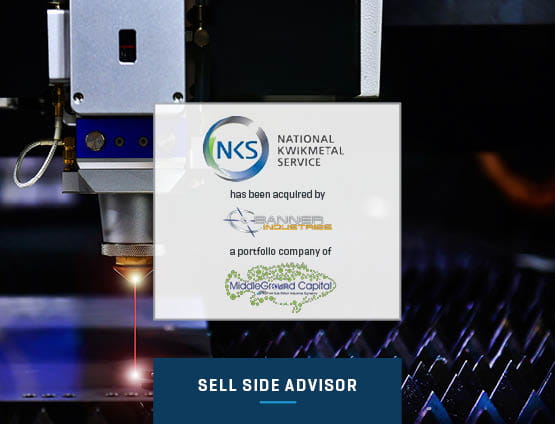Market Movers: The Growth of Risk Management and Procurement Services in the Metals and Specialty Materials Sector
Market Movers: The Growth of Risk Management and Procurement Services in the Metals and Specialty Materials Sector
Companies that provide supply chain management services to the metals sector are growing and playing a vital role in connecting suppliers to consumers.
Reliance on supply chain management services has grown tremendously in recent years. Across a variety of metals and other commodities, the companies that provide these services play an increasingly vital role in connecting suppliers to consumers, which can save suppliers the challenge of building out a sales force while at the same time freeing consumers from the need to build out a procurement function. Importantly, since these supply chain management services companies allow suppliers and consumers to offload much of the risk associated with commodity price changes and supply chain disruptions, these businesses provide particular value in times of economic uncertainty and value that is irrespective of market cycle.
What Is a Supply Chain Management Services Company?
Supply chain management services companies manage raw materials and commodities on behalf of both suppliers and consumers, including the oversight of orders, order flow, secondary (frequently third-party) processing, shipping, and logistics; in effect, they stand in the middle on behalf of both suppliers and customers.
Consider both a metals supplier and a metals consumer. The supplier will sell its product directly to the supply chain management company, which means the supplier does not need to work to sell that commodity to a mass of individual consumers and take the terminal market risk of doing so in a market they may not know as well. For example, a foreign supplier will likely lack the knowledge of local markets that a smaller procurement company will have.
On the other end, the metals consumer will purchase directly from the supply chain management company, which eases the procurement process. This offers greater access for consumers whose orders would otherwise be too small for major distributors to prioritize while at the same time transferring much of the commodity price risk to the middleman.
Ultimately, the supply chain management company stands between the supplier and consumer and builds out an extensive book of both vendors and buyers. It becomes a major buyer of metal from the supplier and a consistent source of metal for the consumer. Since the management company handles the logistics of the commodity, it also bears most of the risk of commodity price changes and any supply chain disruptions, freeing both suppliers and consumers from that risk, and earning commensurate and consistent margins for doing so.
Supply chain management companies can also act as a hedge against fluctuations in commodities that are illiquid. Since the company holds an extensive book of orders, it can maintain a critical mass of both long and short orders to hedge its own position in the market while providing price certainty to its customers.
Why Are Investors Interested in Supply Chain Management Companies?
At Stout, we’ve seen massive market and investor interest in supply chain management businesses. For example, we recently served as the financial advisor to Cleveland Metal Exchange (“CME”) in connection with its sale to Mill Steel Co. Supply chain management companies are growing in popularity exactly because of their underlying business model. They free suppliers and consumers from commodity pricing and supply chain disruption risk. This service grows in value as risk increases during times of economic uncertainty. The business model is often recession resistant; for example, in periods of slower economic growth, suppliers can still ship product to logistics management companies that, in turn, store materials in owned or third-party warehouses. At the same time, consumers can slow intake by reducing the volume of metal taken from such facilities. The supply chain management services businesses earn their spreads regardless.
As we advised CME, our industry professionals realized early on that we had to look past simply “metal distribution” and get to the foundation of how CME delivers value to its customers and, by extension, its suppliers. In short, by aggregating both supply and demand, as well as end-to-end logistics and third-party processing, CME and businesses like it deliver certainty in an increasingly uncertain and volatile environment. This model has proven to be resilient, resistant to economic cycles, and incredibly valuable as a result.
We encourage you to contact us if you have any questions or would like to discuss supply chain management companies in more detail. We envision continued growth in the near- to medium-term future of this sector, and we expect to see commensurate higher valuations – and entirely different valuation methods – for businesses.







